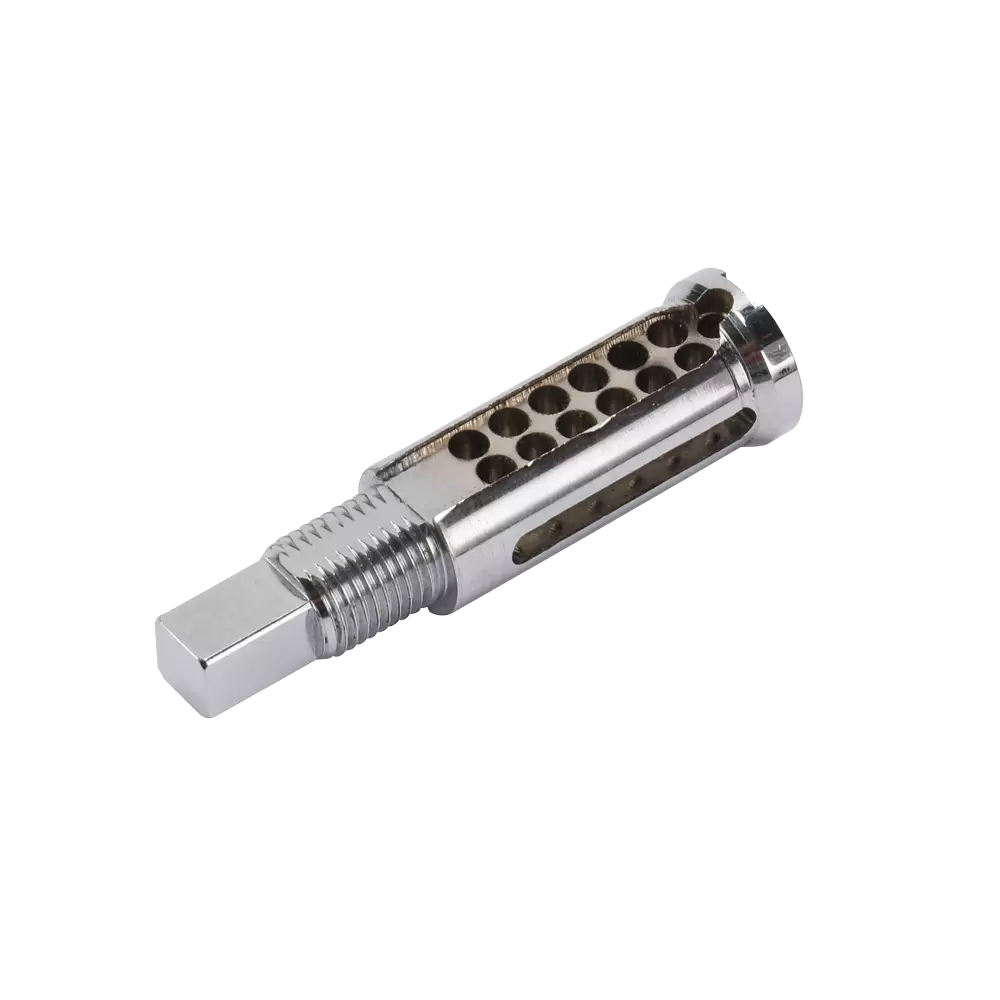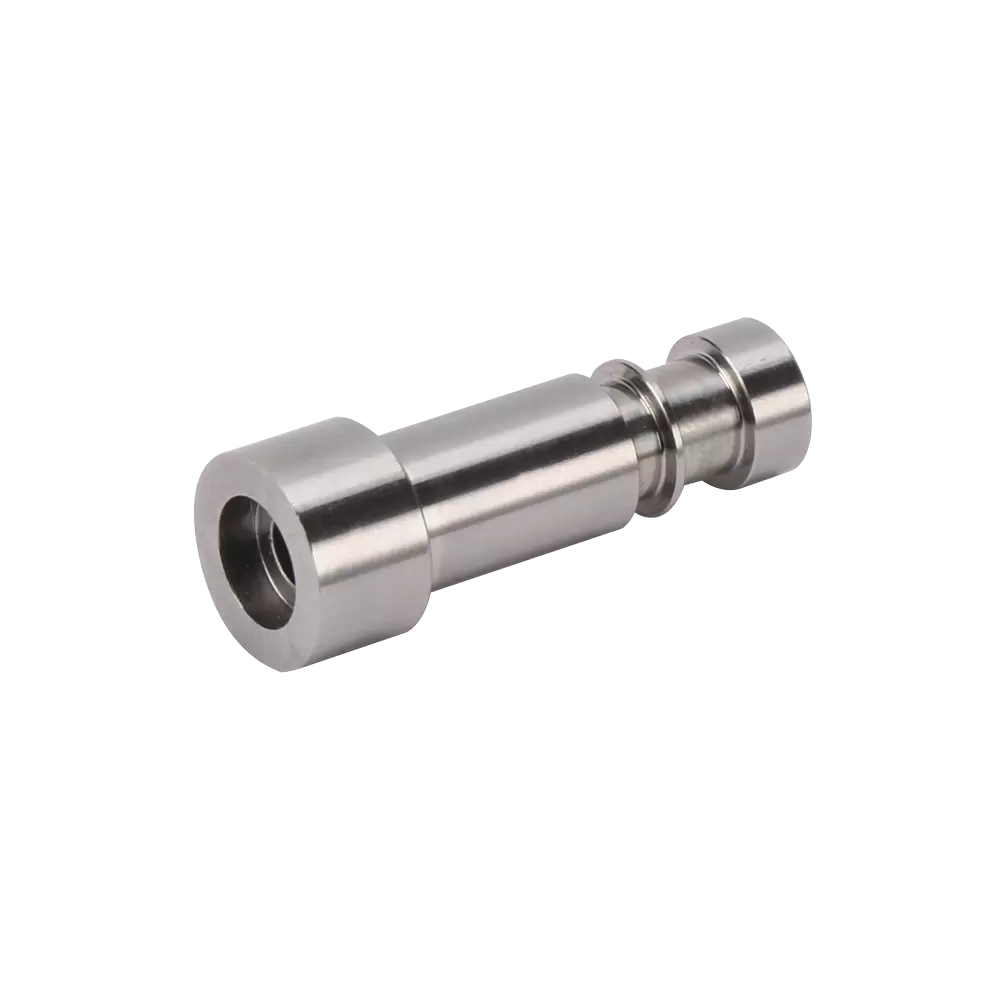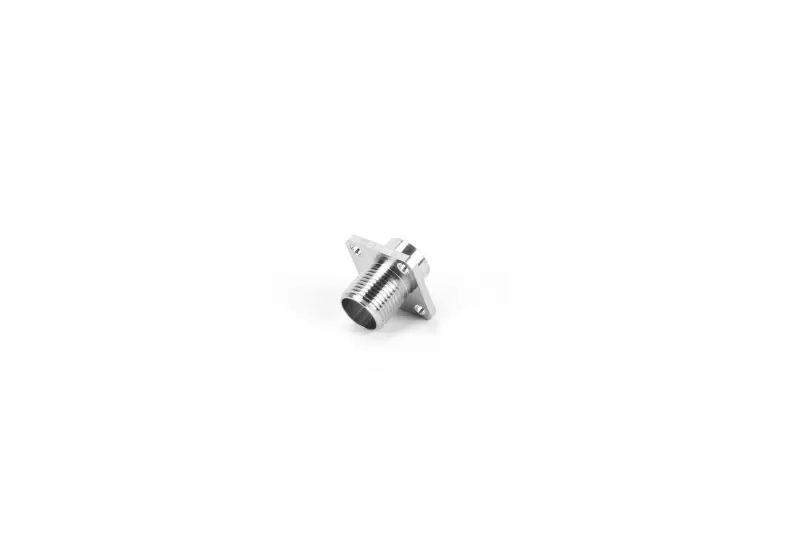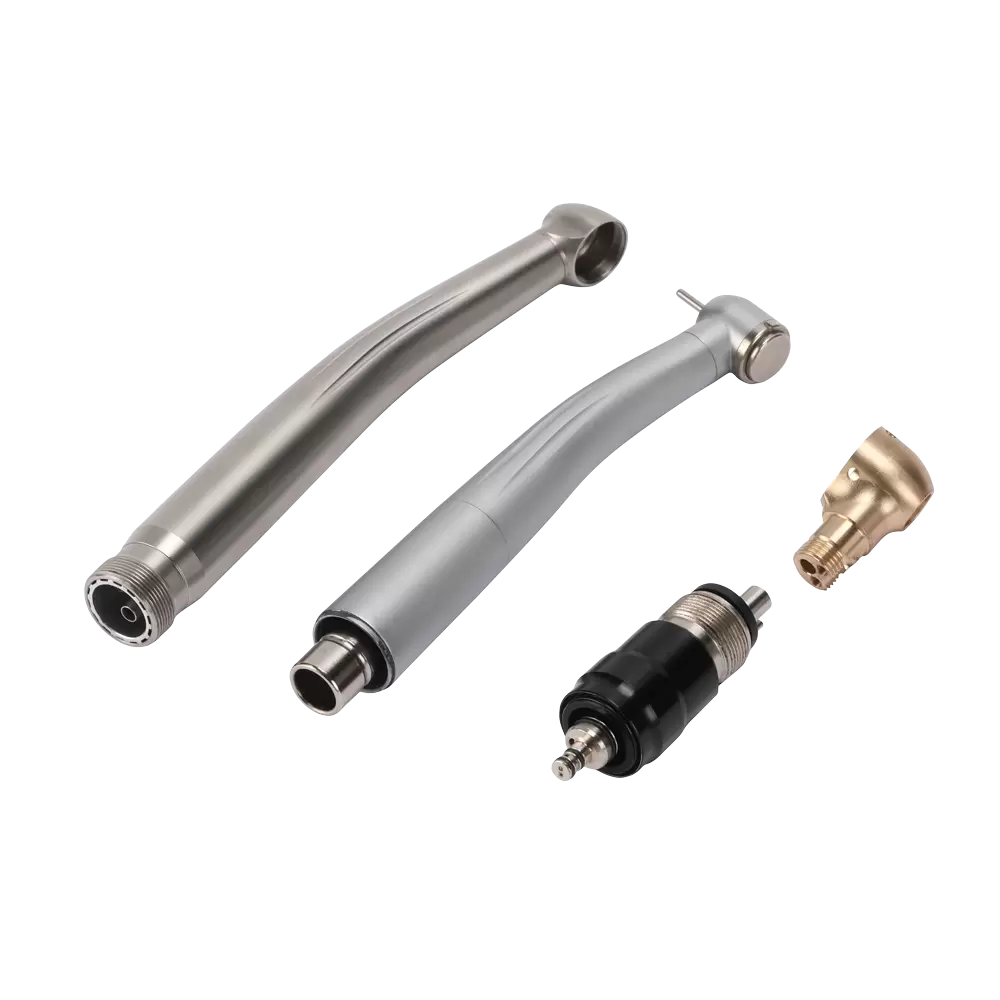Position:Home > News > Industry News > A Complete Guide to Choosing the Right Dedicated Sensors for Your Project
A Complete Guide to Choosing the Right Dedicated Sensors for Your Project
In the age of intelligent systems and precision engineering, dedicated sensors have become a critical component in everything from industrial automation to medical devices, automotive systems, and smart infrastructure. However, with a wide array of sensor technologies and configurations available, choosing the right one for your specific project can be a complex task.
This guide walks you through the key factors to consider when selecting dedicated sensors, and how Dongguan Mingyuda Electronic Technology Co., Ltd. supports advanced sensor integration with high-performance connector components and customized hardware solutions.

1. Understand the Purpose of the Sensor in Your Project
The first step is defining the role of the sensor in your system:
Is it for position detection, pressure monitoring, temperature control, or signal feedback?
Will the sensor operate in a static environment or one with movement and vibration?
Do you require real-time accuracy or periodic measurements?
Dongguan Mingyuda helps system engineers by providing sensor-specific metal terminal assemblies and custom connector pins that support reliable signal transmission based on sensor function.
2. Evaluate Environmental and Operating Conditions
Not all sensors are built for every environment. Consider:
Temperature extremes
Moisture or chemical exposure
Vibration or mechanical stress
EMI (electromagnetic interference)
For sensors used in demanding conditions, Mingyuda offers cable sealing glands, nickel-plated screws and nuts, and corrosion-resistant contact pins, ensuring long-term sensor performance and environmental protection.
3. Check Electrical Requirements and Compatibility
Each sensor must align with your system's voltage, current, and signal type (analog, digital, or pulse). It’s also critical that connectors and pins are compatible with the sensor’s electrical interface.
Mingyuda produces a wide range of precision connector components, such as spring-loaded pins, crown spring pins, and custom-shaped terminals, designed to provide consistent conductivity and mechanical stability across a wide voltage range.
4. Determine Mechanical Mounting and Connection Needs
Mounting requirements influence not only the physical form of the sensor but also the connector interface:
Do you need screw-in terminals or press-fit components?
Is the connection static, or must it endure frequent mating cycles?
Mingyuda supports diverse connection scenarios by supplying custom fasteners, connector housings, and durable sensor terminal assemblies designed for easy integration into your device or machine.
5. Consider Industry-Specific Standards and Certifications
Different industries have varying requirements for sensor reliability, performance, and safety. For example:
Medical devices demand biocompatibility and sterilization resistance.
Aerospace and automotive systems require high vibration resistance and thermal stability.
Industrial automation demands high repeatability and rugged construction.
Mingyuda's capabilities extend to supplying components for medical accessories, aerospace connector terminals, and sensor-integrated stamping parts, helping ensure compliance with strict regulatory and functional standards.
6. Account for Customization and Scalability
Sometimes, off-the-shelf sensor components aren’t the best fit. For projects with unique space constraints or integration challenges, customization becomes essential.
Dongguan Mingyuda stands out by offering:
Tailored sensor connector assemblies
Rapid prototyping for custom terminal designs
Scalable production for high-volume manufacturing
Their team collaborates closely with clients to design solutions that fit exact technical and dimensional specifications.
7. Plan for Long-Term Maintenance and Replacement
Finally, think about how the sensors and their connectors will be serviced or replaced in the field. Easy-to-access connectors and modular terminal systems reduce maintenance time and cost.
Mingyuda’s precision-machined components are designed for durability and repeatability, ensuring that sensors can be replaced or upgraded without compromising system integrity.
Final Thoughts
Choosing the right dedicated sensor goes far beyond selecting a sensing element — it involves a full understanding of application requirements, electrical and mechanical compatibility, environmental factors, and integration design. The quality of the sensor’s supporting components, especially connector terminals and assemblies, plays a pivotal role in long-term success.
Dongguan Mingyuda Electronic Technology Co., Ltd. provides the critical precision hardware that brings dedicated sensors to life in real-world applications. Whether your project involves industrial automation, medical equipment, or smart infrastructure, Mingyuda delivers customized, reliable connector solutions that ensure sensor systems perform at their best.






